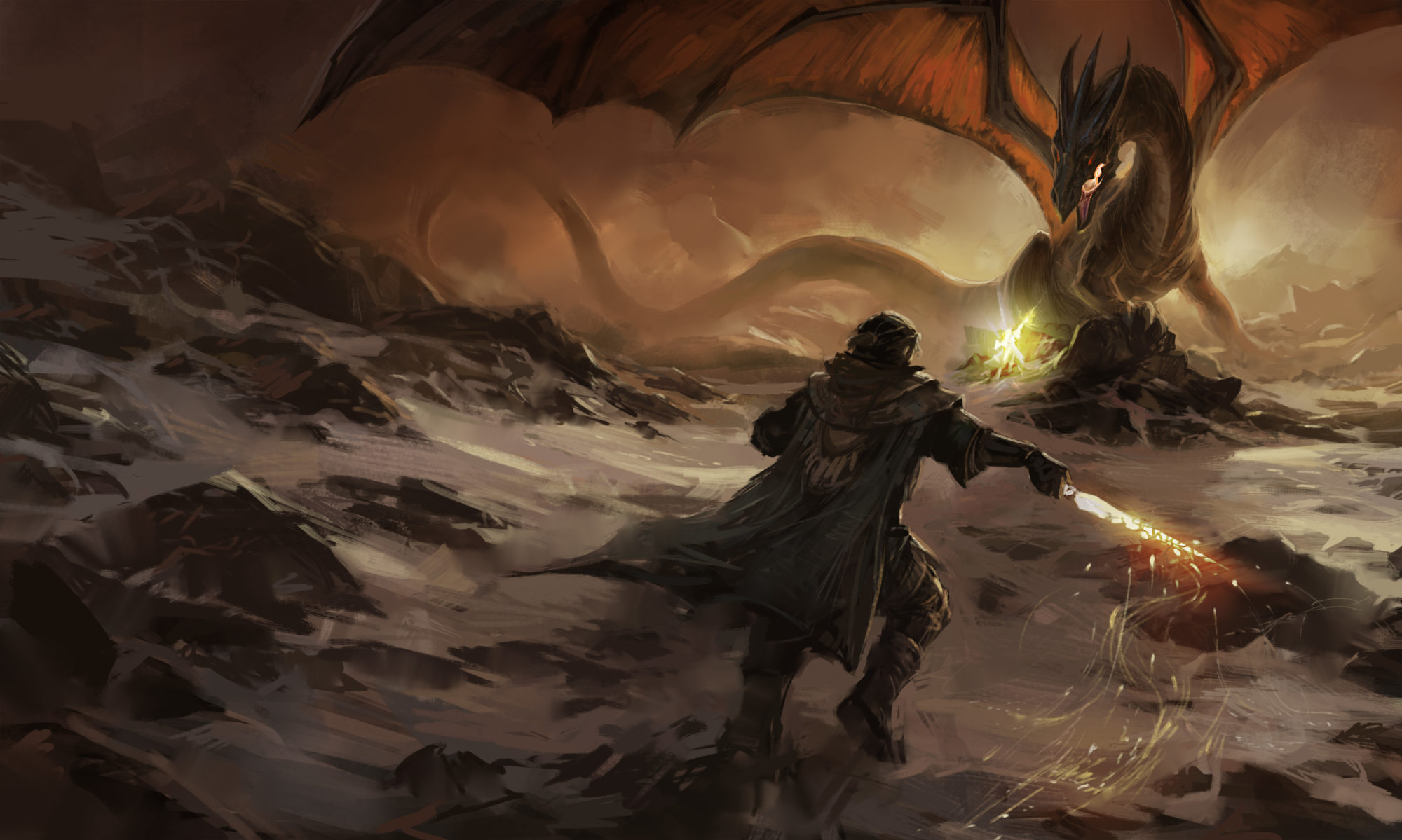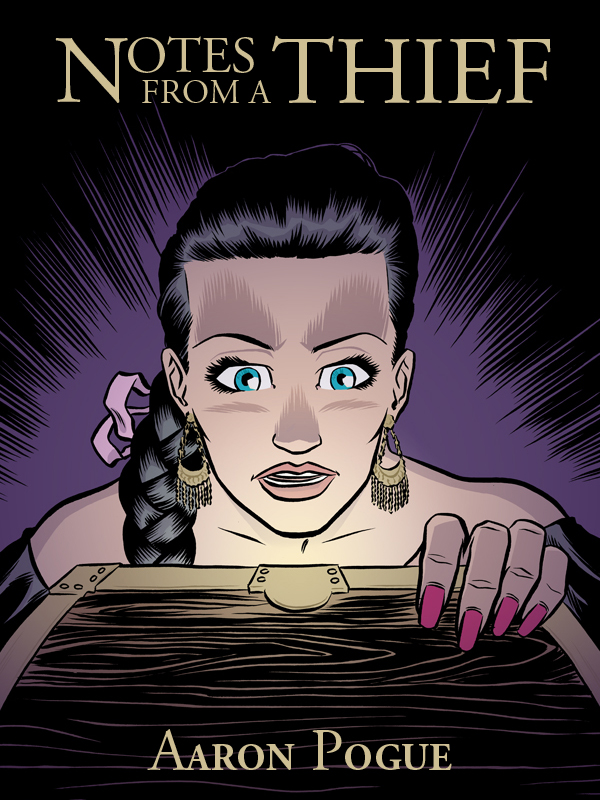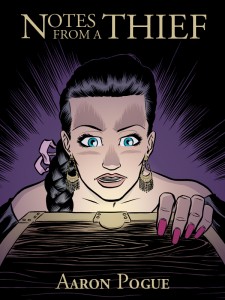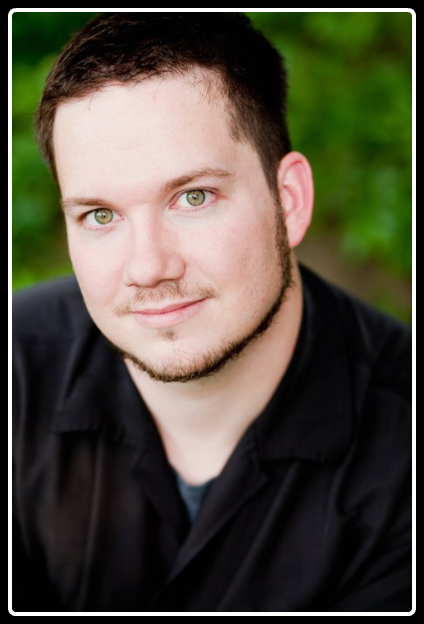I started writing books when I was…let’s say twelve. I first wrote Taming Fire while I was in college (ten years ago now), but I didn’t really hit my stride as a writer until 2007. In 2007, I finally finished two novels (my second and third). It felt awfully good to finish up two books at once, but those two had been slowly coalescing for most of five years.
So at that point, I was ready to accept that my “pace” for writing novels was about 2-3 years per title. To put that in a perspective that’ll be useful later in this article, those two novels combined came to 180,000 words. So I was writing about 36,000 words a year.
For that matter, the original version of Taming Fire (what you know as Taming Fire and The Dragonswarm), ran 140,000 words, and I wrote it in four years. That’s 35,000 words a year. See? I had a consistent, stable pace.
Then in November of 2007 somebody convinced me to try out a project called National Novel Writing Month (or NaNoWriMo for short). The goal of NaNoWriMo is to complete a short novel (50,000 words) within November’s 30 days.
The rules are totally unenforced, but they say you have to start at the beginning of a new project, you have to write 50,000 words on that one project, and you can only count words written between 12:00am on November 1 and 11:59pm on November 30.
That’s it. You don’t have to finish the novel. You don’t have to edit it. (In fact, they strongly encourage you not to.) Quality isn’t at issue. It’s all about setting an aggressive pace.
I’d been trying for years to get my dad to write, and my sister had expressed an interest, and I was still on a high from finishing those two books in the summer, so I decided to do it. I got Dad and Heather to join, and we dove in.
I knew just how ridiculous 50,000 words in a month was (from my established pace of 36,000 in a year), but it couldn’t hurt to try, right? Even if we failed miserably, we’d have the beginnings of a novel to build on later.
To my surprise, it wasn’t ridiculous at all. That first year, we all three won (meaning we hit 50,000 words before the 30th). And I did better than that. I wrote all the way to the end of my novel…at 118,000 words.
Yeah. That changed my perspective a little bit. It was actually a pretty good story, too.
I’ve never recreated that NaNoWriMo experience. November’s always a busy time, and my life has gotten hectic, and (the real heart of the issue) I didn’t really have anything left to prove after that. So I’ve limped through or I’ve muddled the rules or I’ve just skipped NaNoWriMo altogether in the years since.
But I still use “NaNoWriMo” as a yardstick for writing. To complete 50,000 words in November, you need to average 1,667 words a day. I usually prefer to schedule my writing around weekdays, and leave myself the weekends to either decompress or catch up, so that requires 2,333 words a day Monday-Friday.
(To put it in that context, my phenomenal first NaNoWriMo novel averaged 3,933 words a day.)
Last week I talked about my due dates and the crazy ambitious schedule I’ve been wrestling with this semester. In the two months since I quit my day job, I’ve written
- 50,000 words on The Dragonprince’s Heir (The Dragonprince Trilogy, #3) for Master’s Project
- 20,000 words on Faith (Ghost Targets, #5) for Writing the Novel
- 15,000 words on Oberon’s Dreams for Tutorial in Writing
That’s 85,000 words in two months, or 1,393 words a day. Oh, but I’m not done. I probably mentioned this last week, but if I’m going to pass all my classes (and graduate), I have to turn in 40,000 words on Faith for Writing the Novel at the end of the semester.
Another way of saying that is that I have to write 20,000 words between now and 10:00am on Wednesday, May 2.
And since I’m heading to Little Rock in a couple hours to visit Dad and Heather over the weekend, another way of saying that is that I have to write 20,000 words in three days. So…remember that first NaNoWriMo novel that I wrote unbelievably quickly? I have to double the rate of that one if I’m going to pass this class.
Don’t worry. I’ll do it. I’m amazing. But still…I really shouldn’t be using up time hanging around here. So…see you sometime next week!




